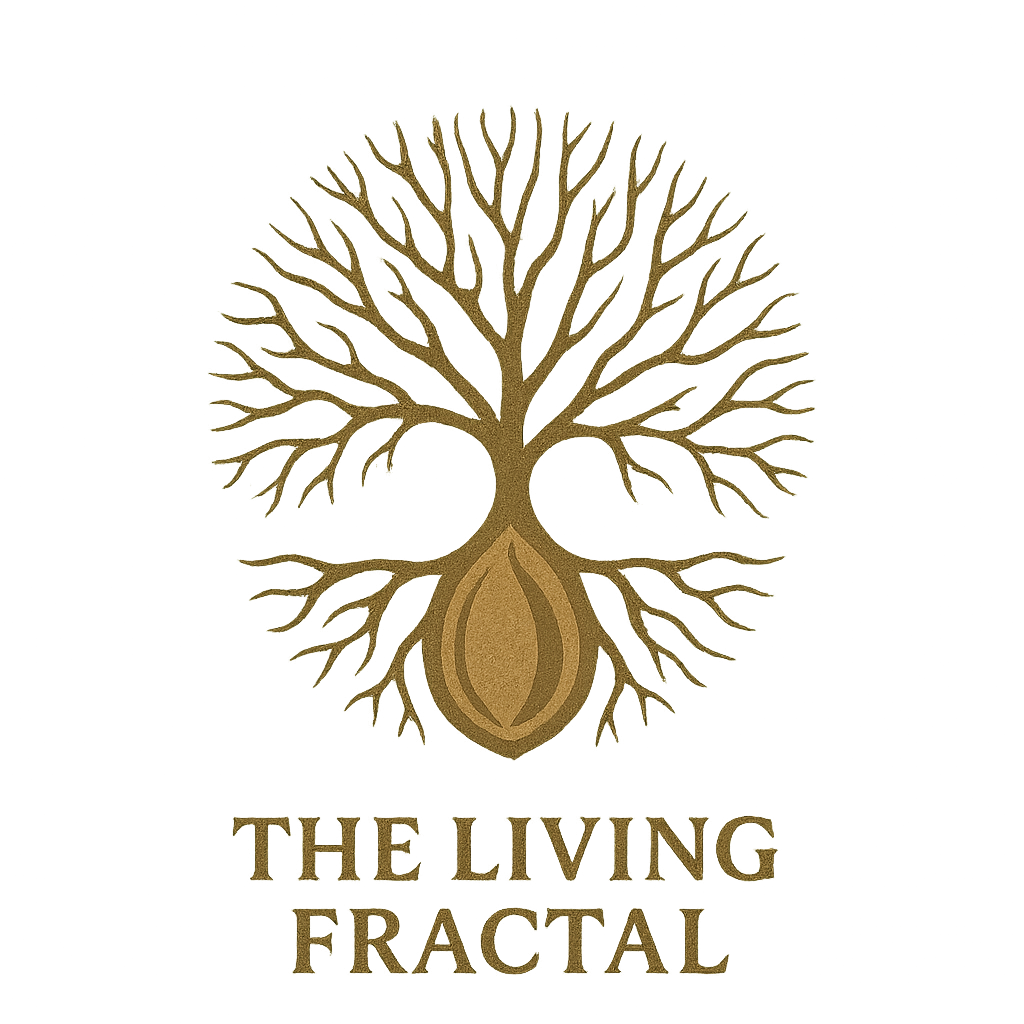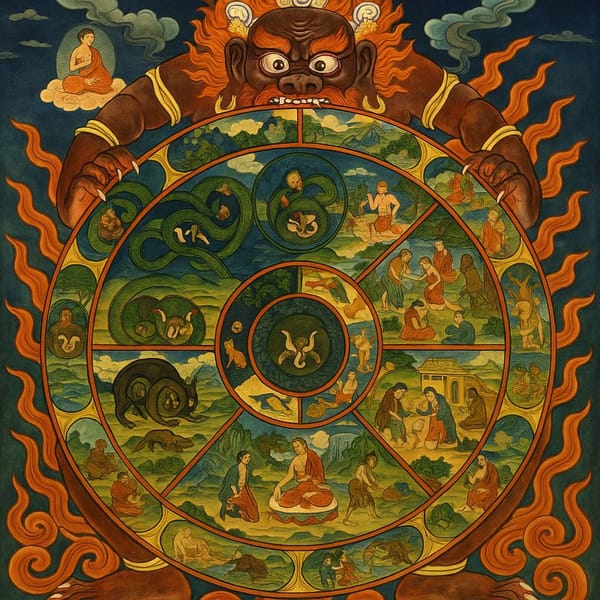The Most Traumatized Being on Earth Is the Man: Why Attacking Men Won't Heal the Wound

We live in a time where the pain of women is finally being named, heard, and validated. And this is sacred work. The feminine has been violated, silenced, bought, sold, performed, erased. For centuries.
But there is something deeper that must now be said.
The treatment of women is not the root wound. It is the symptom.
The root is this: Men are the most traumatized beings on this planet.
Not because their suffering is worse. But because it is the least allowed to exist.
From the moment they are born, boys are taught that their softness is dangerous. Their tears are weak. Their tenderness is shameful. Their vulnerability is a threat to the system they are meant to uphold.
So they learn to bury it. Fast.
They learn to perform strength instead of feel truth. They learn to dominate before they are ever held. They learn to shut down because no one taught them how to stay open without punishment.
And what do you get after years of this? A man who doesn't know how to feel. A man who cannot cry, but can kill. A man who turns his pain outward, because turning it inward is annihilation.
We see the consequences everywhere. In violence. In control. In abuse. In addiction. In silence. In avoidance. In withdrawal. In collapse.
But here is the critical truth: Men are not the enemy. Their trauma is.
Attacking men won't heal the feminine. Shaming them won't restore our safety. Mocking them won't undo the distortion.
Because the behavior of men—the brutality, the abandonment, the power games—is not coming from power. It’s coming from unprocessed grief.
What they need is not condemnation. What they need is coherence. A nervous system that shows them it's safe to be. A presence that doesn't flinch when they tremble. A world that no longer demands performance over presence.
This doesn't mean women should carry their pain. We are not here to be therapists, mothers, or saviors.
But we are here to remember: The healing of men is the healing of the world.
When the masculine is allowed to grieve, to soften, to feel—not as a concept but as a biological truth—the entire system changes.
And maybe, just maybe, the little boy inside him—the one who never got to cry—finally comes home.
Not because we fixed him. But because we saw him.
And didn't turn away.




